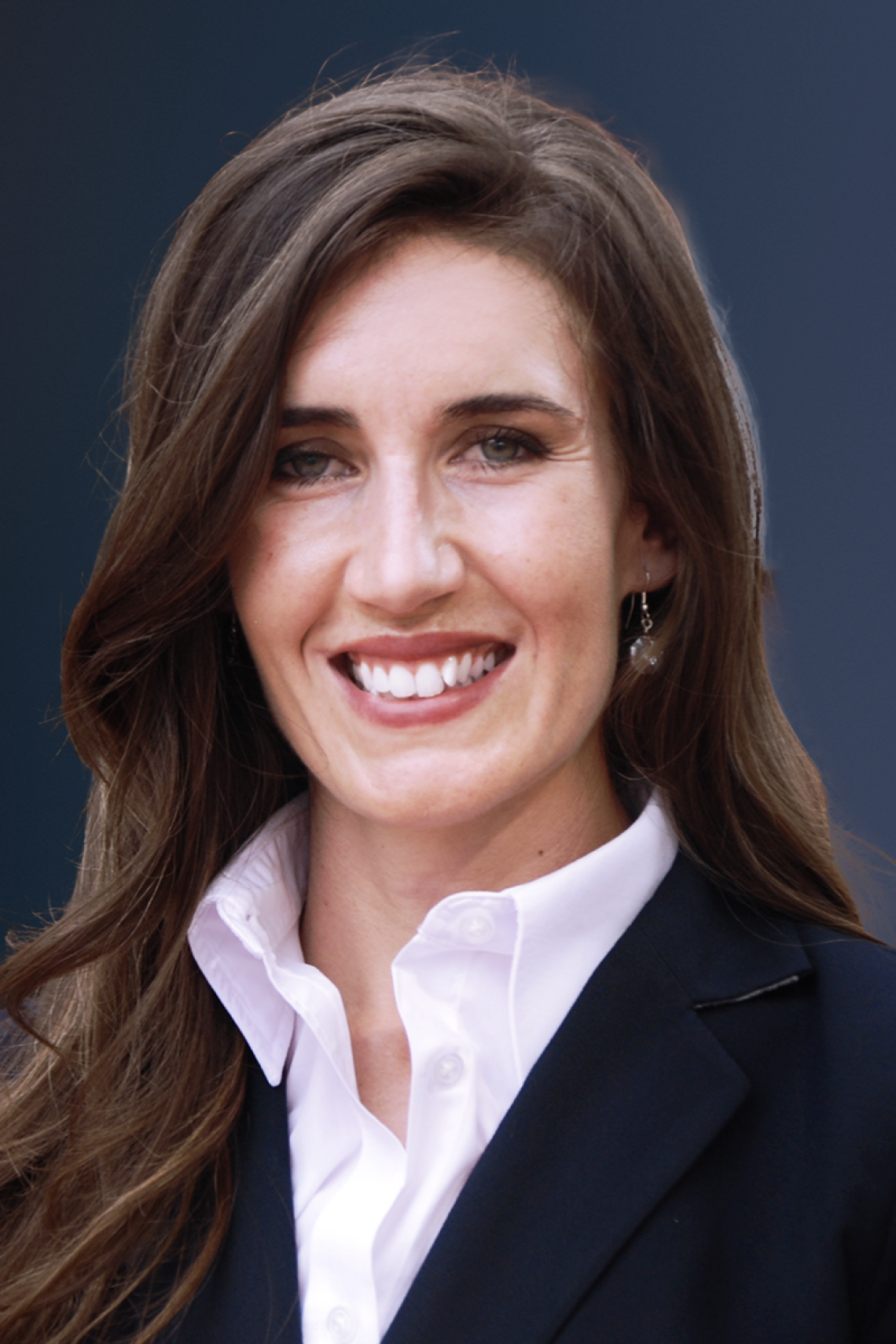Alumna Ashley Ehasz tells ODID about her run for Congress in Pennsylvania
ODID alumna Ashley Ehasz, a US Army veteran who graduated from the MPhil in Development Studies in 2020, is now running for Congress in Pennsylvania’s 1st District. Here, our current DPhil Sam McQuillen, whose research explores poverty measurement in Appalachia, asks her some questions about her motivation and her campaign.
How has serving in the US military informed both your congressional campaign and your time at ODID as an MPhil student?
The most important thing I learned from my time in service was how to build and lead teams. We had a saying in the Army: 'leadership by walking around'. It meant that as a leader and a commander, I didn’t just stay in my office all day, I was out with my soldiers every day. That is the value system I bring to this campaign. I also think I embodied those values as class representative at ODID (haha)!
What lessons from the MPhil – and your thesis research/fieldwork therein – have you been able to use while building your campaign?
In the MPhil program, I was one of only a handful of Americans, and the only former soldier, in my class. Being surrounded by people from different backgrounds than me was one of the best educational experiences I’ve ever had.
My thesis supervisor, Dr Dan Hodgkinson, told me again and again how powerful our words are, and to be precise with the ones I use. That skill is incredibly important to policymaking.
How did you transition from serving in the military to studying development to running a congressional campaign? Were there any points of ‘tension’ between these various roles that radically challenged your worldview at any given time?
After nearly 13 years in the military, I was a civilian for the first time since I was a teenager. Even with the use of my GI Bill, I had to take out a large amount of federal student loans to attend Oxford.
When I graduated, the pandemic hit, and like many others I found myself in a financial crisis. I am running for Congress to make sure that every American can feel confident in their future, whether they are starting college, starting a family, or about to retire. So, any tension I have felt between my changing roles has only motivated me to work harder, because nothing worth doing is easy.
What obstacles have you faced when attempting to enter politics as a young woman from a disadvantaged background? Do you feel like you have been able to wield these identities to your benefit in any way?
I joined the Army (through the United States Military Academy at West Point) to create opportunities for myself. However, the way I got into West Point was with the help of my community. In high school, my next door neighbor was a teacher whose son attended the United States Air Force Academy and he helped me put my application together because he saw some potential in me. Those are values I am bringing forward into this campaign. No one should be set back because of their income, the color of their skin, their zip code, or their gender identity. I learned to fight for opportunities for myself as a kid, and I am committed to fighting for the rights and opportunities of others when I am in Congress.
How have you reconciled the very ‘theoretical’ approach of your studies at ODID with the very ‘applied’ task of running a congressional campaign?
In class, I was always the one asking, 'Okay, but how can we make this work in reality?' To me, the very best leaders are those who are able to take the ideas that will make the world a better place, and translate them into practical and achievable solutions.
If elected, do you intend to apply an ‘international’ lens to your policymaking? If so, how will you navigate the (often conflicting) demands of foreign US interests with the general welfare of the international community?
Especially as a veteran, I support President Biden’s ‘diplomacy first’ agenda. The American people deserve to live a life of prosperity and security, and I believe effective diplomacy is the basis of any national security program.
Bucks County [which makes up the bulk of Pennsylvania's 1st district] is known for being relatively wealthy, having a far higher income than most rural counties in Pennsylvania. How do you plan to balance your progressive agenda with the demands of your constituents, many of which do believe in (and directly benefit from) the narrative of the ‘American Dream’?
The people of Bucks and Montgomery counties are all working towards one common goal: to live with dignity in a community that respects them. Many families in this district are struggling with how unaffordable life is right now. Whether it’s trying to buy their first home, pay for their medications, or pay for childcare – too many families are not making ends meet right now. And it’s obvious that the current leadership in this seat is not doing anything to change that.

